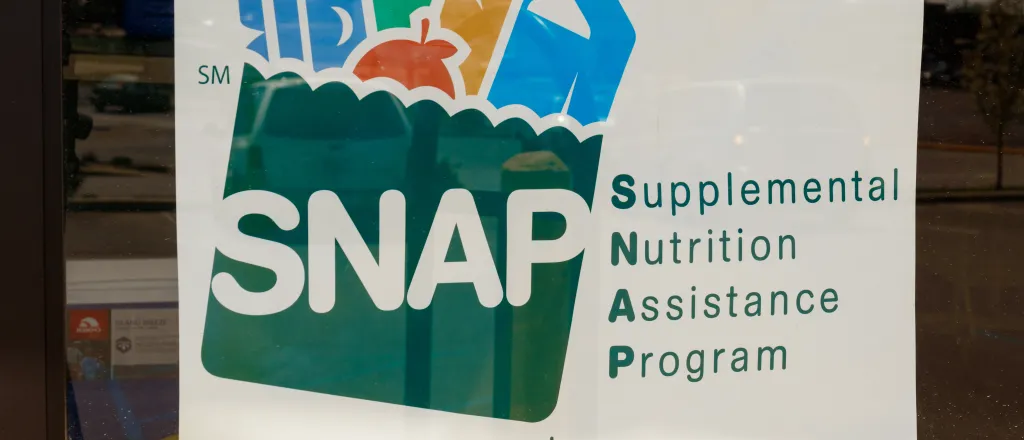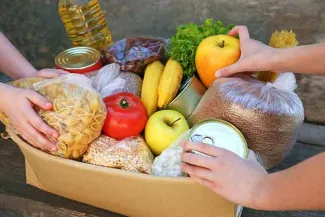
What’s next for 600,000 Coloradans who lost SNAP food assistance
© jetcityimage - iStock-958835100
Click play to listen to this article.
More than 600,000 Coloradans are trying to figure out how they will put food on the table after the Trump administration stopped funding the Supplemental Nutrition Assistance Program on Saturday.
On Friday, two federal courts ordered the administration to tap billions in contingency funds to pay benefits but Governor Jared Polis said even if the administration complies, it could take weeks to get the money to families.
Brandon McKinley, communications specialist for the anti-hunger organization Metro Caring in Denver, said there has been a spike in demand over the weekend. He added SNAP is not supplemental for people who rely on it, for many it is their full food budget.

© iStock - Mukhina1
"We are talking people that are working really hard, sometimes one or two jobs," McKinley pointed out. "And still are making such a small amount of money that paying for food is out of the question when they are also looking at paying for rent that keeps raising year over year."
Two-thirds of the 42 million Americans who rely on SNAP are families with children. After the Trump administration claimed it was illegal to use contingency funds during the government shutdown, Colorado and 24 other states filed a lawsuit. In response to court deadlines, on Monday the administration said it will only make partial SNAP payments for November and will not tap additional money available through the U.S. Department of Agriculture.
Dayana Leyva, policy manager for the food advocacy group Provecho Collective, said all Coloradans have a role to play in helping their neighbors get the nutrition they need. She acknowledged community-based food pantries are able to stretch food dollars by purchasing in bulk but they frequently operate with limited funds and staff.
"Cash donations to local food pantries in your area are probably the best way to help out," Leyva advised. "Also, if you can and are able to, volunteer."
SNAP participants are set to face challenges beyond November. More than 22 million American families, including nearly 300,000 in Colorado, are projected to lose food assistance under the Republicans' signature tax and spending law.
McKinley stressed food pantries alone cannot meet the needs of everyone who relies on the program.
"There are over 600,000 Coloradans who use SNAP," McKinley noted. "That’s about 18 times the number of people that we at Metro Caring help out in a whole year."

















